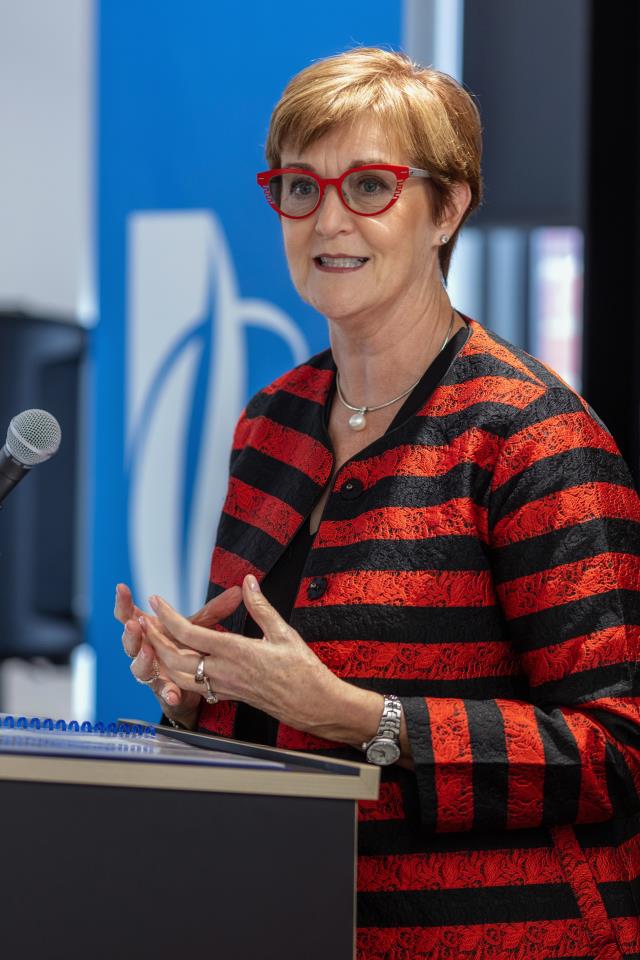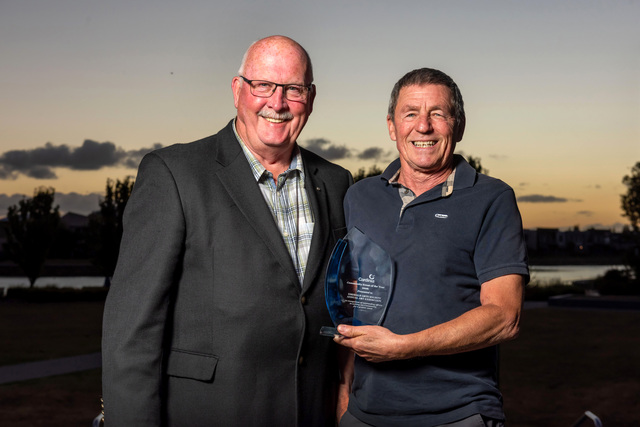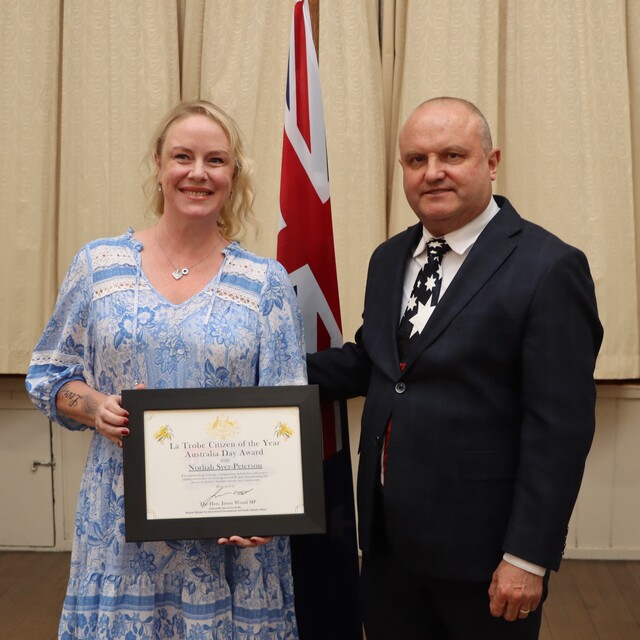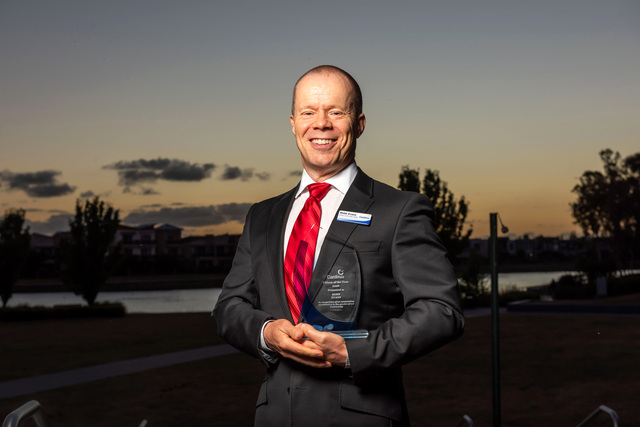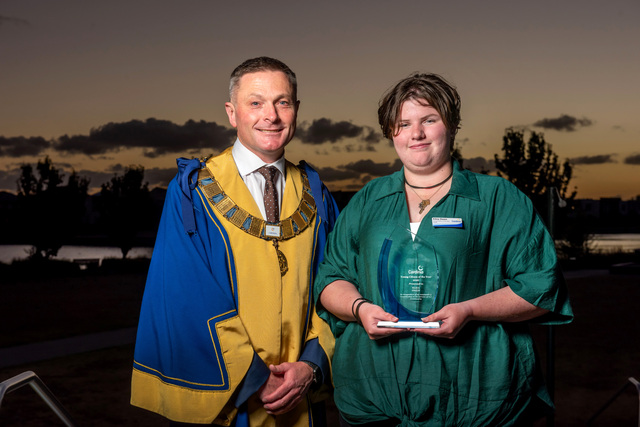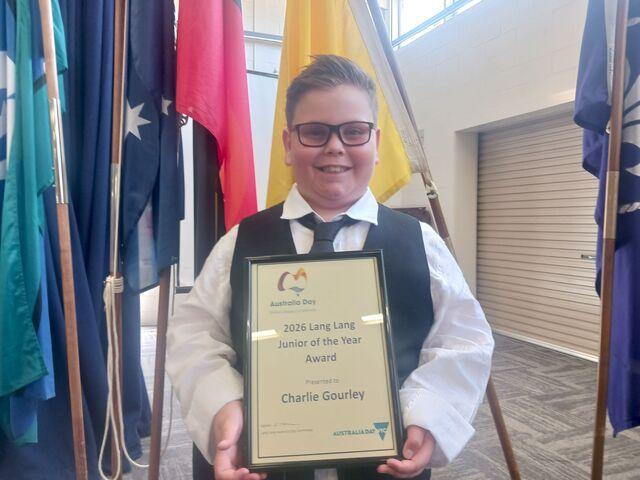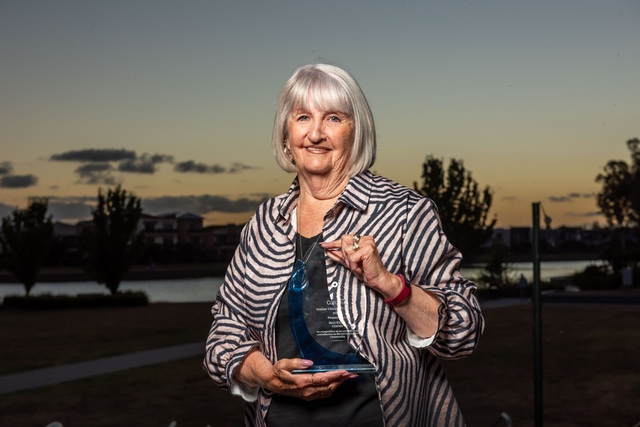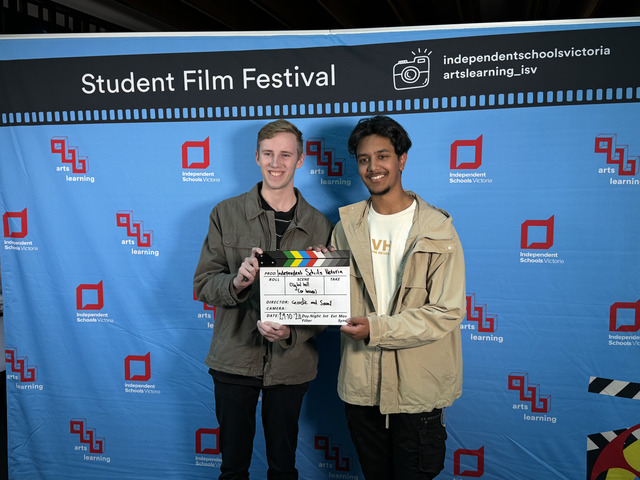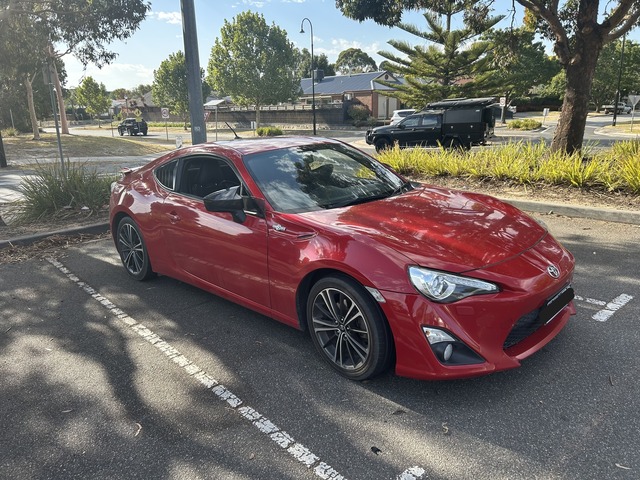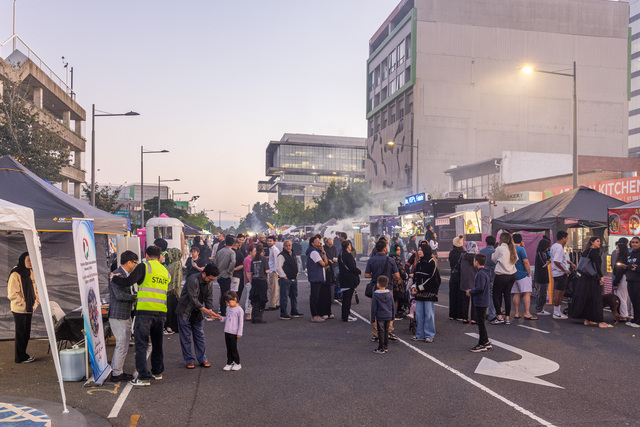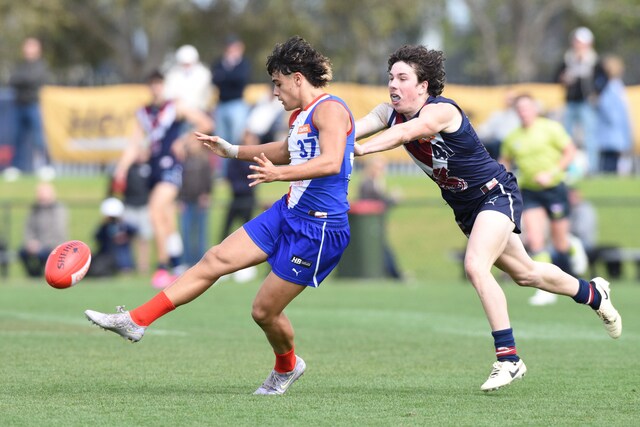An IBAC anti-corruption report had exposed a “litany of governance failures” at Casey Council, says the council’s chair of administrators Noelene Duff.
Speaking at an IBAC-hosted webinar on 8 September, Ms Duff issued a stark quote from US political figure Henry Kissinger that “corrupt politicians make the other 10 per cent look bad”.
Local governments needed “fundamental shifts” in policy and behaviour to “regain community confidence and credibility”, she said.
Reflecting on IBAC’s recent Operation Sandon report into alleged corruption by Casey councillors and property developers, Ms Duff said it was a “very sobering read”.
“The council chamber appeared to have become a stage rather than a place where serious decisions should be made to plot the future direction of the city.
“It has been distressing to reflect on some of the evidence collected by IBAC, the events documented, the conversations taped and the stories by witnesses could actually occur.”
In 2020, all Casey councillors were sacked by the State Government during IBAC’s Operation Sandon probe into alleged corruption.
Ms Duff was appointed as the head of a three-person administration panel to replace the councillors until elections in October 2024.
“Walking into an organisation where a council has been sacked for suspected serious corruption is quite an experience,” she said.
“Depriving a community of their elected representatives for nearly five years is a pretty big price to pay.”
The administrators focused on “cementing” the “best practices we could find” for Casey to do business.
In the past there had been an “us and them” division growing between officers and councillors.
Councillors were diverting the council from its “proper business” through “endless notices of motion” .
Some “simple examples” were councillors getting involved in house-numbering and the detailed allocation of sports facilities.
This diverted the council from “managing the massive challenges of growth”.
Ms Duff also raised the councillor group’s “apparent culture of silence” with councillors not speaking up about the behaviour they observed.
She said more immediate means of challenging suspected corrupt behaviour was a “necessity”.
Political parties had mechanisms to act, but councillors did not. Mayors may or may not have the skills to manage, and council chief executives have only “limited” tools to intervene, she noted.
Ms Duff also agreed with IBAC that a higher level of councillor training was required, particularly for new councillors.
IBAC had reported councillors not reading material before voting on planning decisions, but rather relied on other councillors’ direction.
“If this is a widespread practice in the sector, that is a significant concern.”
The Sandon report made 34 recommendations, including fundamental changes to the state’s planning process to reduce corruption risks.
It found that councillors Sam Aziz and Geoff Ablett promoted developer John Woodman and his client’s interests in exchange for payments and in-kind support.
They both failed to declare this conflict of interest on many occasions, IBAC found.

